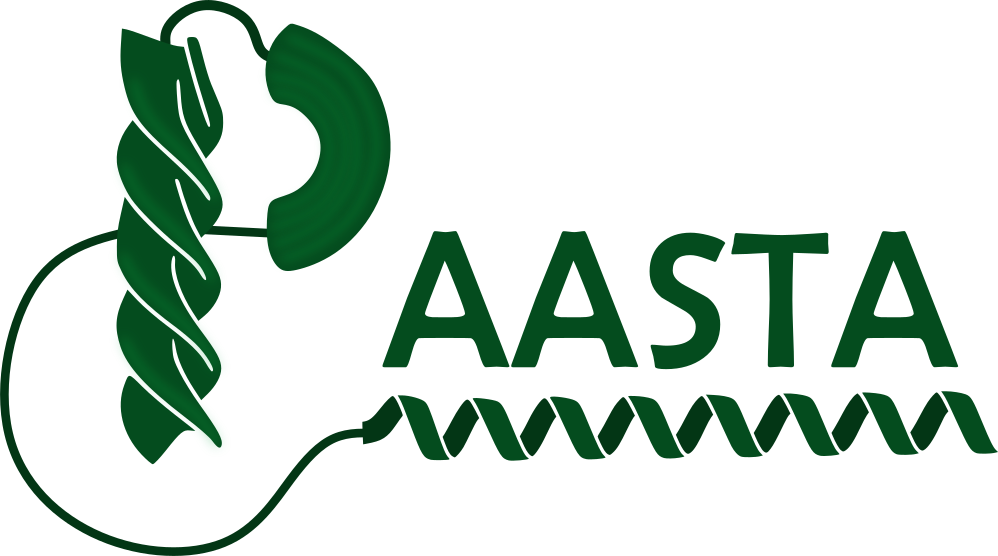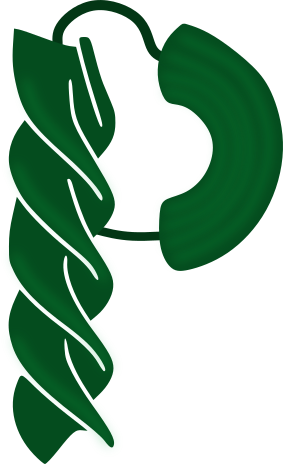Hello all!
Although PAASTA is very much a bottom-up led community, there is still need for a small steering committee for the daily management. Here are short descriptions of who the people in the Steering Committee are and what they do.
To begin with what the Steering Committee, it is a small committee, whose main responsibility is to manage the practicalities of keeping a community running, such as finance and communication.
The Steering Committee Members
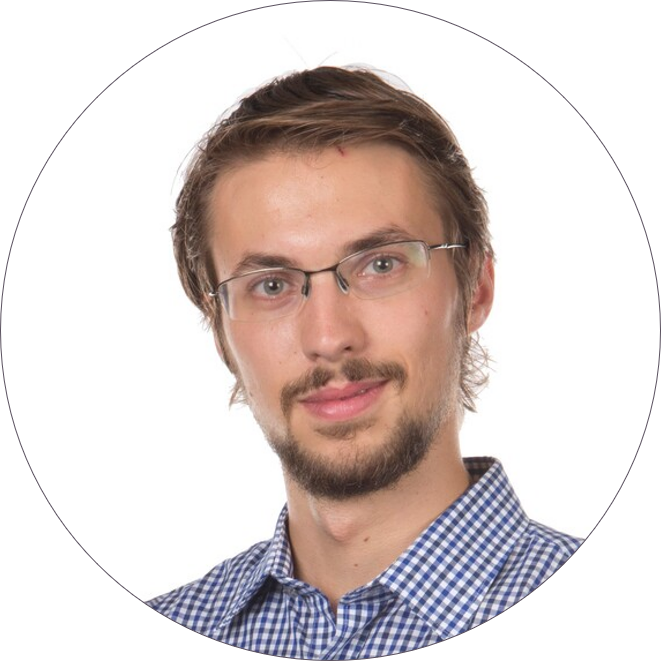
Jan Dekker - Chair
I am a postdoc at the University of Turin and I am currently part of the AviArch project. My work focuses on expanding the number of bird species for which we have reference protein sequences and employing these sequences to facilitate palaeoclimate reconstruction based on the presence of breeding populations of certain species of birds. Apart from all that, I like to go running and hiking.
Contact: jan@palaeome.org
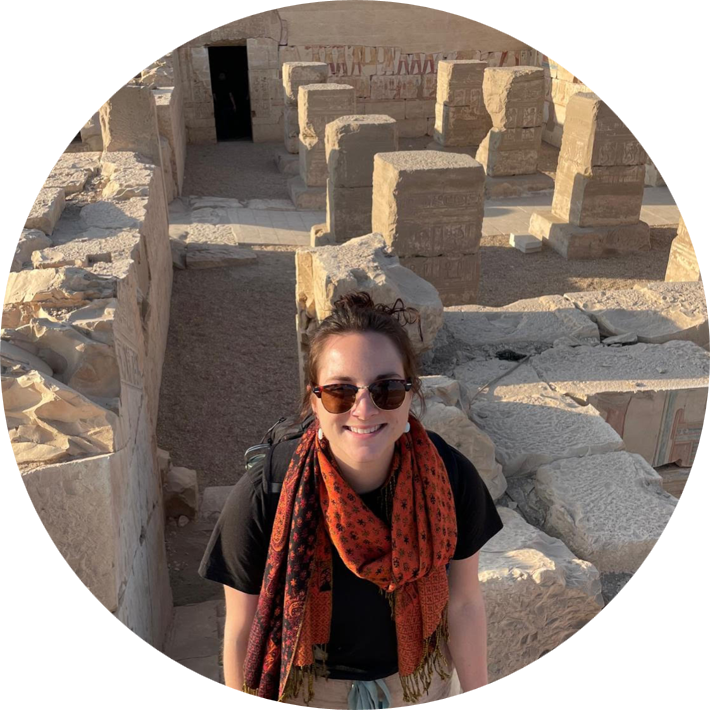
Rachel Winter - Vice Chair
I am a postdoc at the University of Copenhagen working on multidisciplinary methods, including palaeoproteomics, applied to museum objects to study historic shark and ray exploitation. My research interests lie in marine historical ecology, ichthyoarchaeology, and conservation ecology with a particular fondness for elasmobranchs. Outside of the office I enjoy running, volleyball, baking, dogs, and listening to too much Taylor Swift (N.B. this also occurs in the office).
Contact: rachelwinter@palaeome.org
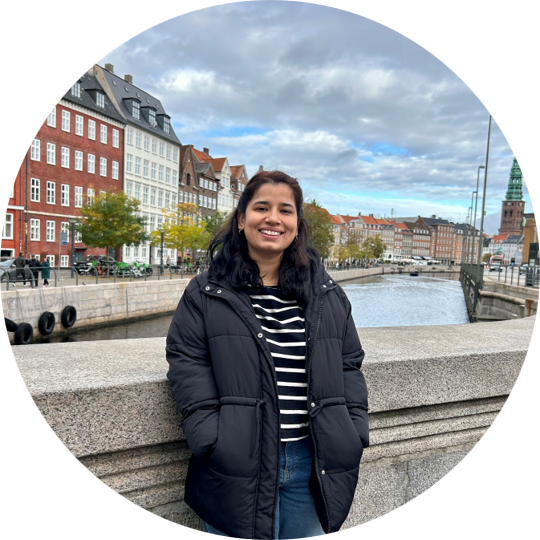
Bhavna Alawat - Vice Chair (& Social Media Officer)
I am a postdoctoral researcher at the Indian Institute of Technology Gandhinagar, India. I am working towards building one of the first palaeoproteomics focused zooarchaeological research efforts in India, aiming to cover a broad geographic and spatiotemporal range. Apart from this, I enjoy watching movies, reading, and more recently learning to knit.
Contact: ahlawatbhavna58@gmail.com
Samantha Kirgesner - Secretary
I am a PhD candidate at Ohio State University, and my research focuses on integrating ambient ionization to paleoproteomic research. I apply these ion sources to a range of methodologies, but I concentrate on their application to ZooMS. Outside of the lab, I enjoy hiking, listening and playing new music, and falling down my latest wikipedia rabbit hole.
Contact: kirgesner.4@osu.edu
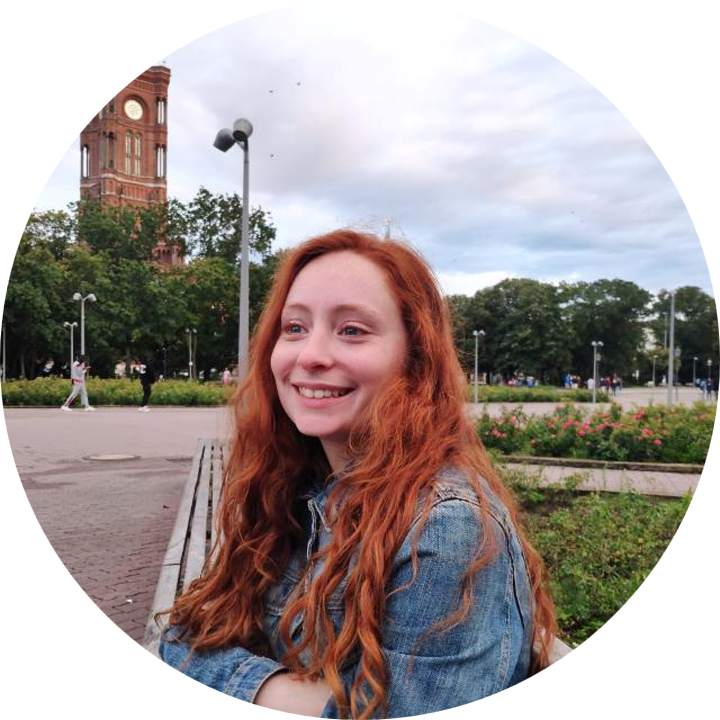
Pauline Raymond - Secretary (& Events-Engagement Officer)
I am a PhD candidate at the Collège de France in Paris. My research focuses on the application of ZooMS to highly fragmented bone fragments from Pleistocene contexts. I use it particularly on Neanderthal cannibalism sites, integrating it with zooarchaeological and taphonomic analyses. I also love cats, hiking, dancing, and books!
Contact: pauline.raymond@college-de-france.fr
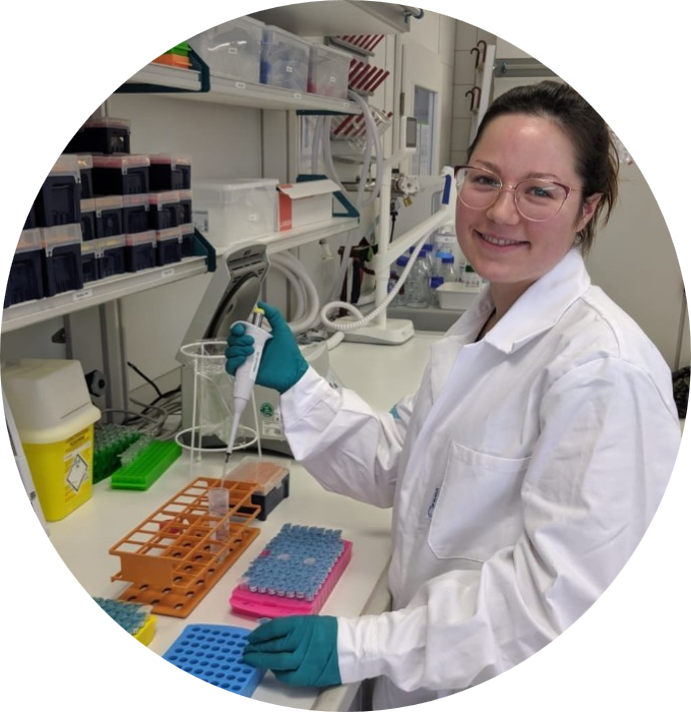
Raija Heikkilä - Social Media Officer
I am a PhD student in the Palaeoanthropology research group at Collège de France. My research focuses on combining palaeoproteomics with traditional zooarchaeological methods to study hominin behaviour and site use in North Africa. In my free time, I enjoy writing poetry, devouring books, jogging in the snow, and spending time with my cat.
Contact: raija-katarina.heikkila@college-de-france.fr
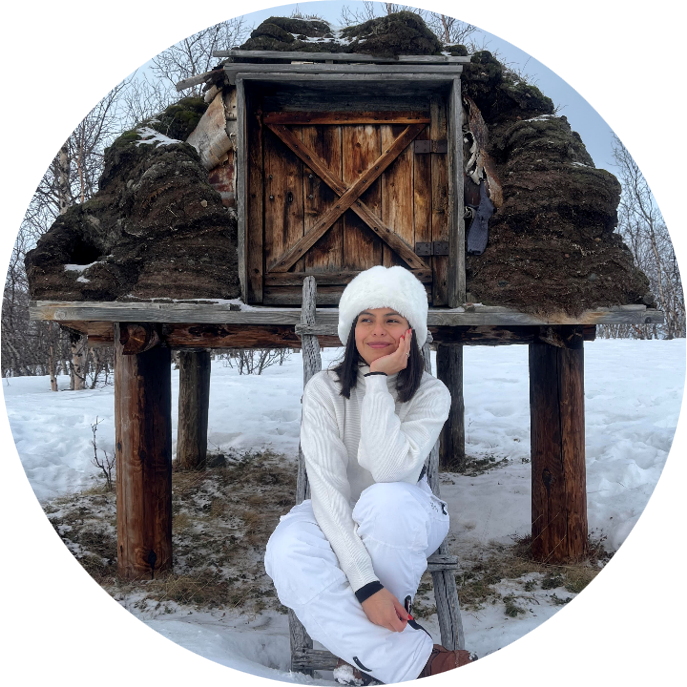
Viridiana Villa Islas - Events & Engagement Officer
I come from 🇲🇽 and work as a postdoctoral researcher at the Biomolecular Palaeoanthropology Group in the Globe Institute, University of Copenhagen. My research focuses on the taxonomic/phyloproteomic analysis of ancient hominin skeletal remains using palaeoproteomics and the creation of databases for this purpose. I love dancing (anything!), going to Sauna Gus, and being at the beach.
Contact: viridiana.villa.islas@sund.ku.dk BlueSky: @VVillaIslas
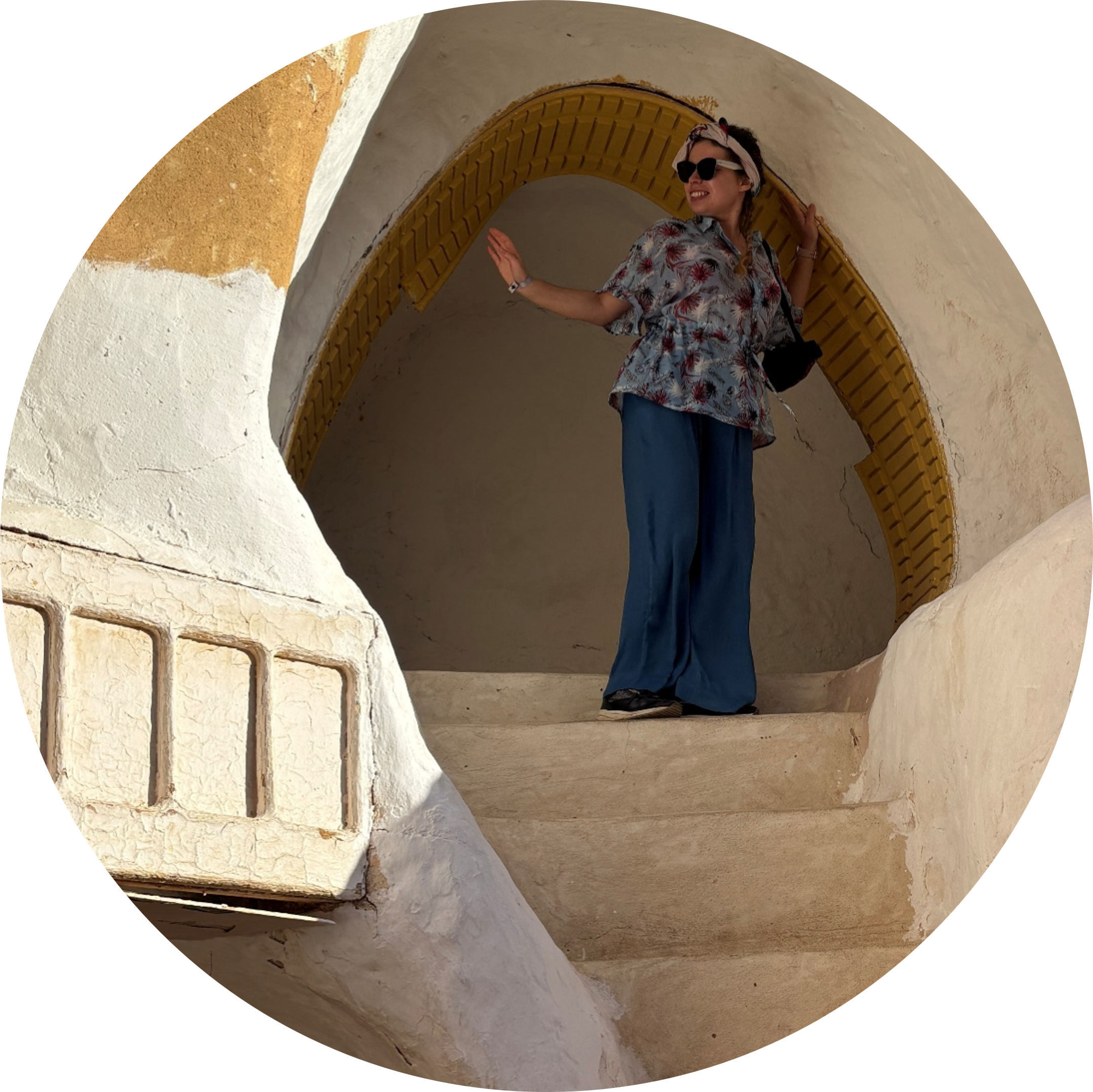
Weronika Cieszyńska - Treasurer
I am a Junior Researcher at Masaryk University, Brno, where I’m working on establishing the ZooMS workflow. I use ZooMS to explore human subsistence strategies across history, focusing on animal assemblages from Central Europe. When I’m not in the lab, you can usually find me doing pilates, baking something sweet, or sewing my latest project.
Contact: weronika.cieszynska@mail.muni.cz weronika_cieszynska@eva.mpg.de
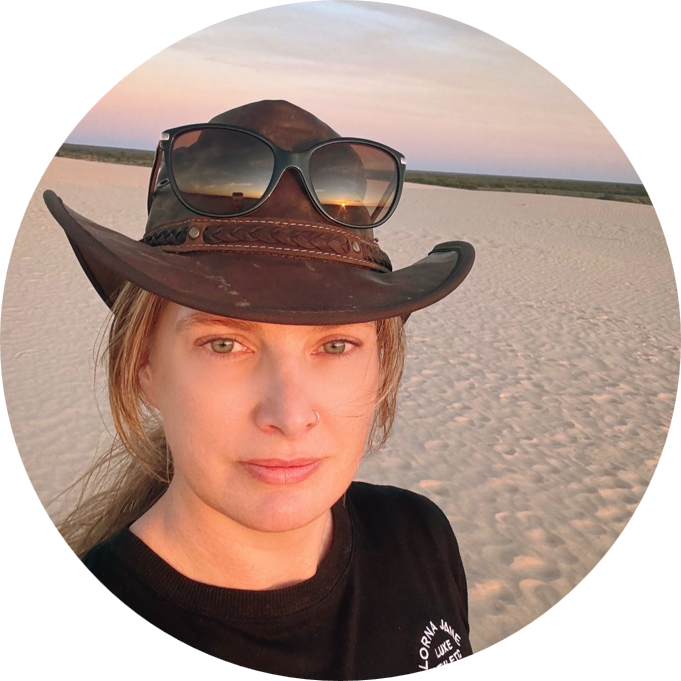
Loren Howell - Webmaster
I am a Masters Research student at the Australian National University, using palaeoproteomics for taxonomic identification in early midden deposits from the first waves of human settlements throughout the Pacific. Outside of this you’ll find me visiting my family at the beach, taking my cat on adventures, or planning my next holiday.
Contact: Loren.Howell@anu.edu.au
Roles:
Management Team: formed by the chair and the secretary. Responsible for ensuring the committee functions smoothly and achieves its goals.
-
Chair: leads meetings, sets agendas, moderates discussions and delegates tasks to volunteer members. It represents the PAASTA community in any official meetings or interviews. They are also responsible for having an overview of the various initiatives by maintaining a close communication with the social media and event & engagement teams. Allows for discussion around long-term topics, needs to be forward thinking on this end.
-
Vice-chair: supports the chair in their role and takes over the chair’s responsibilities in case of their absence.
-
Secretary: Takes meeting minutes, sends them out via slack when they are ready, makes sure that assignments are noted. Organisational responsibilities (ie keeping google docs in order, annotating the minutes with required links, possibly doing same for the agenda ahead of time
Treasurer Team
The treasurer team is responsible for managing the funds, for the communication related to funds and responsible for allocating funding to initiatives by serving as a line of communication between the organising committees and the Steering Committee. The treasurer team is also responsible to collect funds as well as finding grant opportunities to continue to fund PAASTA initiatives.
Social Media Team
The social media team is responsible for the outreach of the community, by tweeting, emailing as well as updating the website. Social media officers will announce new initiatives, conferences, papers and jobs that are relevant for the PAASTA community. They will also be responsible for maintaining the YouTube channel of the community.
Events & Engagement Team
The event and engagement officers are responsible for coming up with new initiatives (projects, summer schools, outreach activities, etc.) and propose them to the community. They will also oversee ongoing initiatives and provide support for them to reach their goals. They will ensure that the initiative is known in the community, as well as outside the community together with the media team. As well as suggesting potential funding sources for the initiative, by engaging with the treasurer team.
Support Team
In contrast to the other roles in the steering committee, the support team does not have a single defined task. Instead, its primary role is to support the other members of the steering committee where necessary in case of increased workload.
